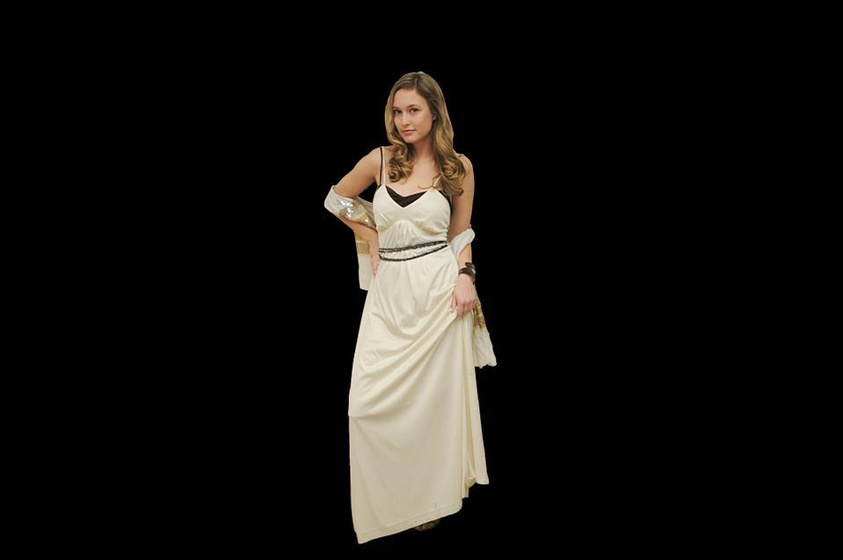Elizabeth S. Nowak ’10 practices what is called aggressive modesty. When asked a question about one of her humanitarian aid trips to Africa or sub-Saharan adventures, she tends to respond with a question to avoid talking about herself. Stories like how she instructed Sudanese midwives in newborn resuscitation and spent nights in Kenya defending her room from murderous swarms of locusts only come out in passing.
“She thinks everyone else is more interesting because they are the people about whom she really cares, not so much herself,” says Ayodeji B. Ogunnaike ’10, Nowak’s boyfriend.
From being a FUP leader to playing soccer to leading ESL classes to being involved with the Seneca, she seems to be actively engaged with the people and community around her.
This is impressive for someone who seems so likely to be continents away in her future. Nowak was first hooked by the pull of Africa when she was a young child and her father brought home a National Geographic CD of African music. Growing up in East Aurora, a small town outside of Buffalo, NY, this was a thing of rarity. “Where I live is pretty isolated and white. My parents made an effort to expose us to cultural things,” she says.
From that moment of first exposure, she was pretty much Africa bound. In the summer of 2004, she went to Ghana with the American Field Service. She returned in the summer of 2008 to set up a Youth Center for Peace in rural Sierra Leone. In between the two projects, specifically to help forward her Africa interests, she chose Harvard—where she is now an African and African American Studies concentrator pursuing a secondary in Chemistry.
Nowak has balanced pursuits both inside and out of the undergraduate bubble. Independent of the College, for example, she joined the Division of Global Health and Human Rights at Massachusetts General Hospital. This past summer she traveled to Sudan with Brett D. Nelson, a pediatrician at MGH. Originally brought along to coordinate logistics and gather data, by the end she was teaching courses in newborn resuscitation.
“She was very well received,” says Nelson. “She’s extremely personable, and the nurses loved having her there to teach them.”
But she made equally good use of the opportunities she found in her classes. In the fall term of 2008, she took Engineering Sciences 147: “Idea Translation: Effecting Change through the Arts and Sciences.” Then, in the summer of 2009, she took her final project for the class—a vertical farming system designed to help the urban poor in Africa, called “vertigrow”—to Kenya, and she plans to continue work on it between graduation from Harvard and medical school.
But of course Nowak doesn’t make a big deal of these plans. Just a small town girl living in an African world.


